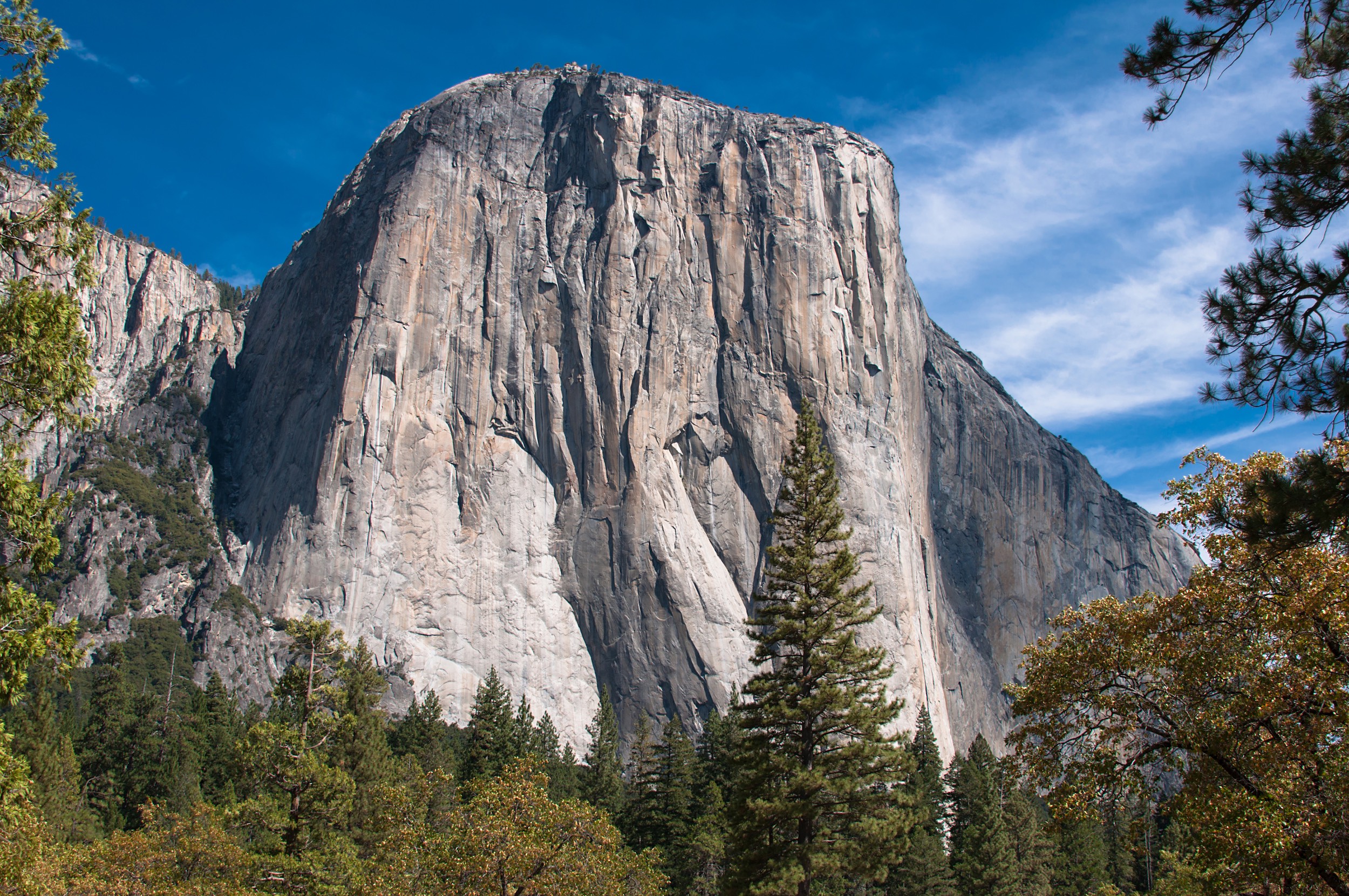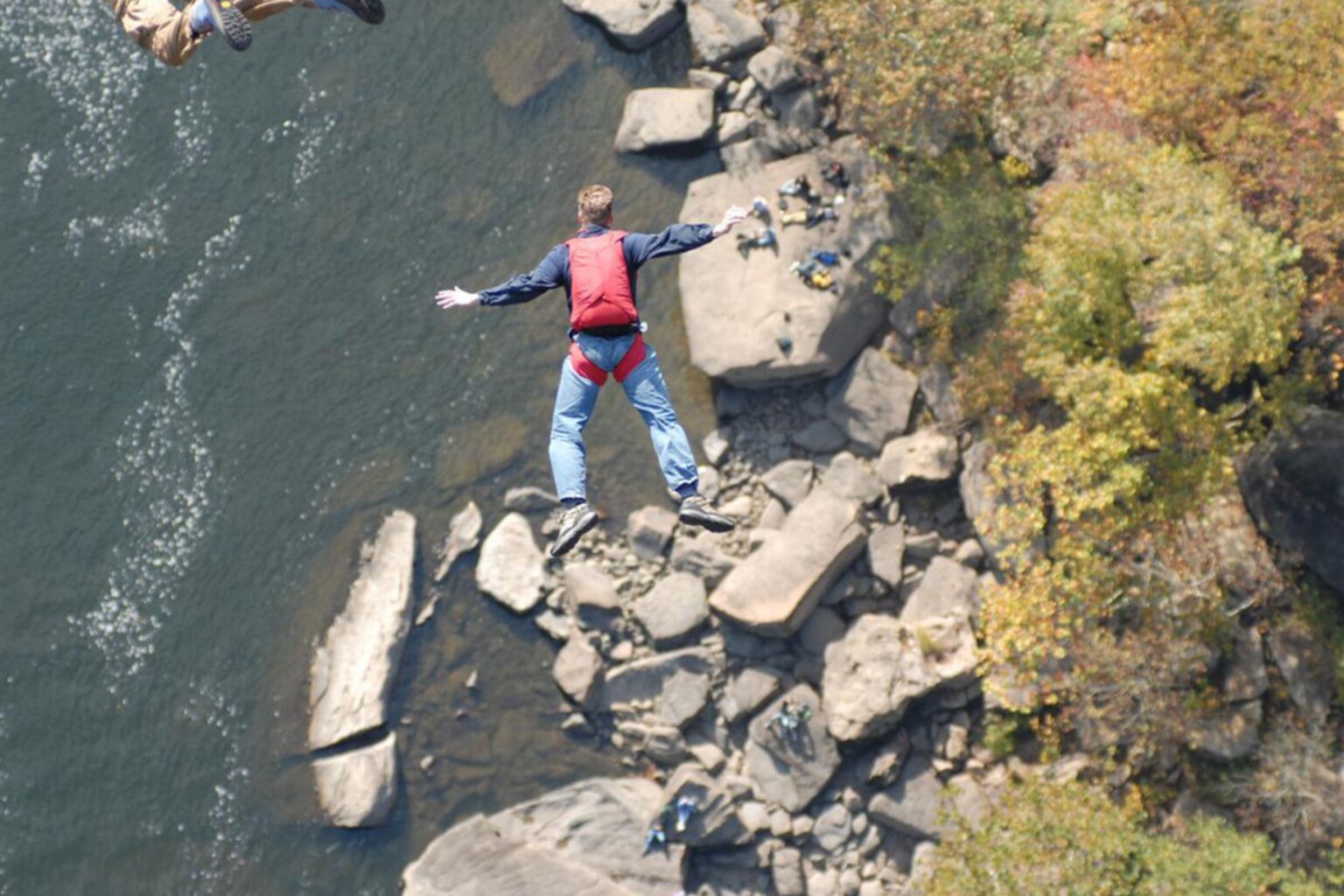With its wide valleys and tall structures like El Capitan and Half Dome, Yosemite National Park is a BASE jumper’s paradise. There’s one problem, however: It’s illegal.
Three men were recently convicted in federal court for BASE jumping in Yosemite National Park in 2024 and 2020. The convictions spell trouble for those currently partaking in the wave of illegal BASE jumping at the park during the government shutdown.
The Cases
BASE jumping involves leaping off cliffs or other high, fixed points and using a parachute or wingsuit to control the descent and landing. According to an NPS press release, the practice is “prohibited in all national parks under 36 CFR 2.17(a)(3), which forbids delivering or retrieving a person by airborne means except as authorized by the NPS.”
The U.S. District Court for the Eastern District of California handled all three of the recent base jumping cases. Two of the men, Christopher I. Durell and Joshua A. Iosue, jumped from North Dome on July 15, 2024. Both men pled guilty.
Durell was sentenced on Sept. 16, 2025, to 18 months of unsupervised probation, $600 in fines, and 40 hours of community service with a group that supports the NPS. Iosue was sentenced on Oct. 7, 2025, to 2 days in jail, 24 months of unsupervised probation, and $2,510 in fines.
David A. Nunn, on the other hand, jumped in 2020. His equipment malfunctioned, and he collided with El Capitan on his jump, requiring rescue from NPS staff. Nunn had a prior conviction for BASE jumping in 1998, to which he pled guilty.
The court sentenced him to 2 days in jail, 12 months of unsupervised probation, and $760 in fines. Additionally, he will pay around $450 to cover the cost of his rescue.
“We do not tolerate illegal activity in Yosemite National Park,” Yosemite National Park Superintendent Raymond McPadden said in a press release.
“Our law enforcement rangers remain efficient, effective, and vigilant 24 hours a day, 365 days a year. These convictions demonstrate the professionalism and dedication of Yosemite’s protection team in upholding federal regulations and ensuring the safety of both visitors and first responders.”
History of BASE Jumping in Yosemite
Yosemite National Park has banned BASE jumping since the 1980s. According to an NIH study, the practice is five to eight times more dangerous than skydiving. Jumpers leap from a far lower altitude, giving them less time to react and less margin for error. Changes in turbulence or weather can quickly cause a jump to go sideways.
In addition to criminal charges such as those Durell, Iosue, and Nunn received, the park service can seize your BASE jumping gear and potentially ban you from National Parks.

The prohibition on BASE jumping in Yosemite isn’t inane. Famous climber Dean Potter, along with Graham Hunt, died in Yosemite while BASE jumping in 2015. There have been multiple reports of illegal BASE jumping during the government shutdown, and the NPS stated that it’s currently investigating three more cases from 2025.
Read the full article here


24 Comments
BASE jumping in protected national parks has always been a risky sport, not just legally but physically.
Absolutely. The legal risks are new, but the physical dangers have been there for years.
Would it be possible to design designated areas for BASE jumping within the park boundaries?
The park service would probably argue that allowing even limited BASE jumping sets a bad precedent.
Unlikely due to the environmental impact, but it’s an interesting idea.
This is a tough one—sports like this push boundaries, but at what cost to the environment and public safety?
True. Extreme sports always carry risks, but the issue here is trespassing on protected lands.
This case highlights the tension between adventure and conservation in national parks.
Adventure is important, but conservation should come first in protected areas.
Will these convictions encourage other extreme sports enthusiasts to find safer, legal alternatives?
Hopefully. The risks of illegal sports in protected areas are too high.
I’m surprised BASE jumping was allowed to go on this long without stricter enforcement.
Park rangers have limited resources, but now it’s clear they’re cracking down.
National parks are for everyone, but these regulations prioritize preservation over extreme sports.
Exactly. Balancing access and safety is tricky, but the rules exist to protect the park.
I wonder if these convictions will actually reduce BASE jumping in Yosemite or just drive it underground.
Probably both—some will stop, others will take bigger risks to avoid detection.
The fines and probation seem more reasonable than imprisonment, but the felony charge is still concerning.
It’s a federal crime, so the penalties are naturally escalated.
This seems extreme—BASE jumping is thrilling, but could stricter fines or park education help instead of felony charges?
The park’s safety concerns are valid, but the punishment seems disproportionate.
Agreed, but maybe the fines aren’t deterring enough—hence the harsher penalties.
The government shutdowns might have contributed to the rise in illegal BASE jumping—less surveillance, more opportunistic jumps.
That’s a good point! The shutdowns create gaps in oversight.